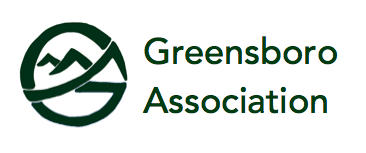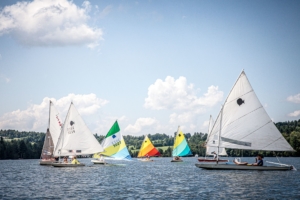New State Regulations for Lake Shoreland Protection are under consideration – will supersede Local Greensboro Zoning ordinances
A new state law, H.526, is being considered by the State Senate to provide a state regulation of all Vermont waters, including Caspian Lake. The bill has already been passed by the State House of Representatives. It requires that no cleared area, impervious surface, or disturbance could be created on undeveloped shoreland within 100 feet of the mean water level of a lake, and further that no new disturbance could be created within that area along developed shoreland unless it is no closer to the shoreland than the existing development. The bill also deletes all provisions for existing municipal bylaws that address shoreland zoning. Greensboro has a zoning law for the Lakeshore district, but this would be superseded by the current State bill. See the Greensboro town website for local information regarding this act.
The Lake Shoreland Protection Commission will hold a public meeting regarding H.526 in Newport, Vermont on Friday August 9 at 1:30pm at the East Side Restaurant in Newport, VT. At the meeting, the Agency of Natural Resources (ANR) will provide an overview of the health, value and regulation of lakeshore lands in Vermont. After the ANR presentation, the public will be invited to provide input during a moderated question and answer period. Public participants may be asked to limit their statements or questions in order to allow participation by all interested persons.
An agenda for the meeting and the location and map of the East Side Restaurant are attached. Additional information and documents can be accessed on the Lake Shoreland Protection Commission website.
During 2012, The Vermont General Assembly established the Lake Shoreland Protection Commission in order to:
· Provide information to the public regarding the current health of waters of the State, including the results of the 2012 Agency of Natural Resources’ State Water Quality Remediation, Implementation, and Funding Report;
· Inform the public regarding the regulation of State waters, including requirements the State may need to meet in implementing the cleanup plan for Lake Champlain;
· Summarize for the public the status of efforts to address and improve the quality of all State waters, and how regulation of shoreland activity impacts water quality; and
· Take public input regarding the regulation of disturbance, clearing, and creation of impervious surfaces in the shorelands of lakes.


Leave a Reply
Want to join the discussion?Feel free to contribute!